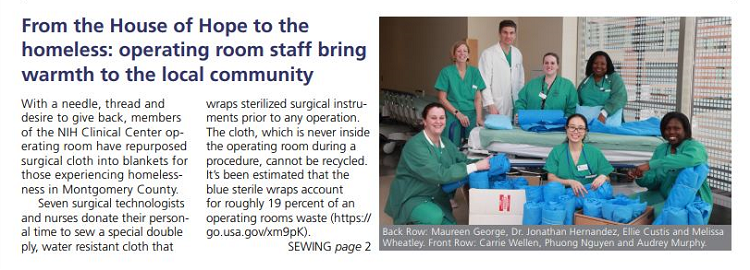
Jonathan M. Hernandez, M.D.
- Center for Cancer Research
- National Cancer Institute
- Building 10, Room 4-3752
- Bethesda, MD 20892
- 240-760-6076
- jonathan.hernandez@nih.gov
RESEARCH SUMMARY
Dr. Jonathan Hernandez is a surgical oncologist/HPB surgeon, chief of the surgical oncology section (Surgical Oncology Program/NCI/NIH), Associate Professor of Surgery (Uniformed Services University of the Health Sciences), and Clinical Professor of Surgery (George Washington University). He specializes in the treatment of liver metastases from colorectal cancer and neuroendocrine tumors, primary biliary tract cancers, as well as other complex abdominal tumors including recurrent and metastatic adrenocortical carcinoma. Dr. Hernandez’s research efforts focus on unveiling novel therapeutic vulnerabilities for these cancers, which enlist the use of locoregional drug delivery techniques. The Hernandez lab has developed and now implements ex-vivo human tumor systems using tissue directly from the operating room to provide an avenue of translationally relevant interrogation.
Board Certifications
American Board of Surgery: General Surgery
American Board of Surgery: Complex General Surgical Oncology
Areas of Expertise
Information for Patients
Learn more about Dr. Hernandez's clinical research team and clinical trials.

Jonathan M. Hernandez, M.D.
Clinical Trials
Research
Please see "View My Lab" tab above
Publications
- Bibliography Link
- View Dr. Hernandez's Complete Bibliography at NCBI.
Tumour exosome integrins determine organotropic metastasis
Pancreatic cancer exosomes initiate pre-metastatic niche formation in the liver
IBEX: A versatile multiplex optical imaging approach for deep phenotyping and spatial analysis of cells in complex tissues.
Biography

Jonathan M. Hernandez, M.D.
Dr. Hernandez graduated from medical school with honors from the University of Florida, and completed general surgery training at the University of South Florida. During his residency, Dr. Hernandez spent two years at the Moffitt Cancer Center and Research Institute interrogating molecular diagnostics for liver metastases and miRNA-mediated mechanisms of metastatic spread. Following residency, Dr. Hernandez completed fellowship training in both surgical oncology and hepatopancreatobiliary surgery at Memorial Sloan Kettering Cancer Center. During his fellowships, Dr. Hernandez spent an additional two years in dedicated basic research studying metastatic colonization as a scholar in the Cell Biology Program of the Sloan Kettering Institute and as a visiting investigator in the Cell and Developmental Biology Department of Weill Medical College of Cornell University. The Hernandez lab studies hepatic metastases and has been the home to twenty surgical residents since its establishment at the NIH in 2016. Dr. Hernandez has authored over 175 peer-reviewed publications and has contributed book chapters in numerous authoritative surgical texts.
Job Vacancies
We have no open positions in our group at this time, please check back later.
To see all available positions at CCR, take a look at our Careers page. You can also subscribe to receive CCR's latest job and training opportunities in your inbox.






